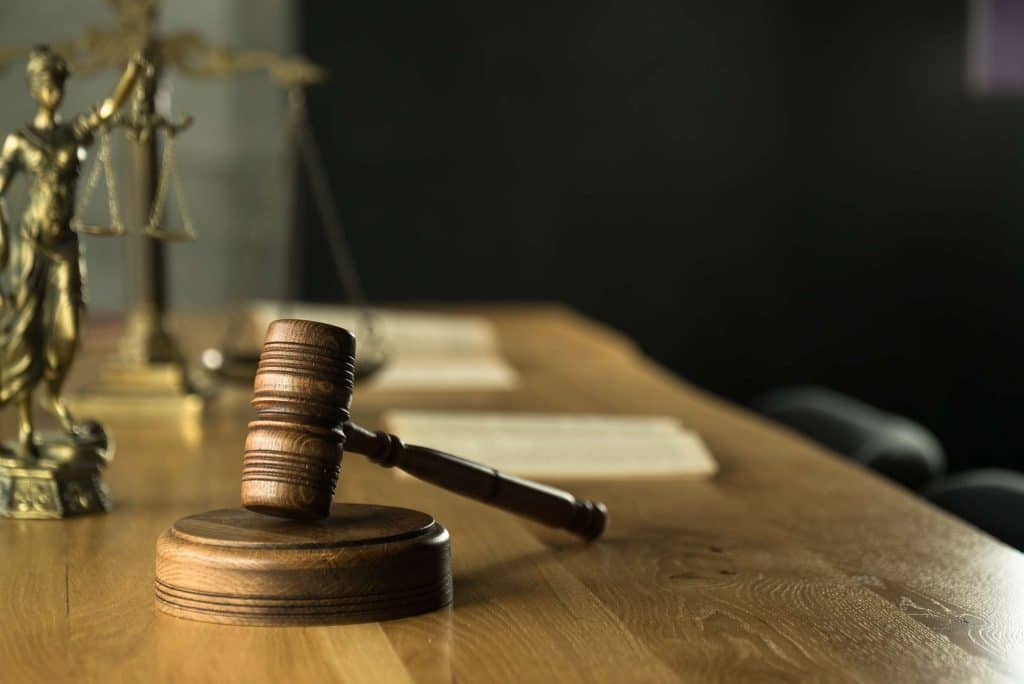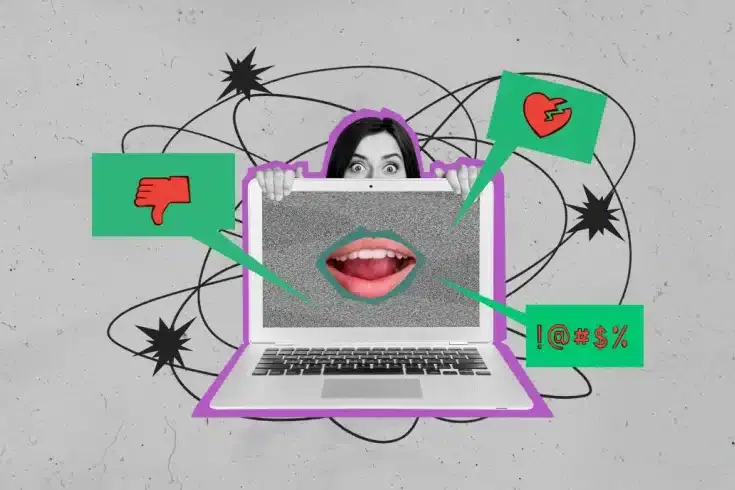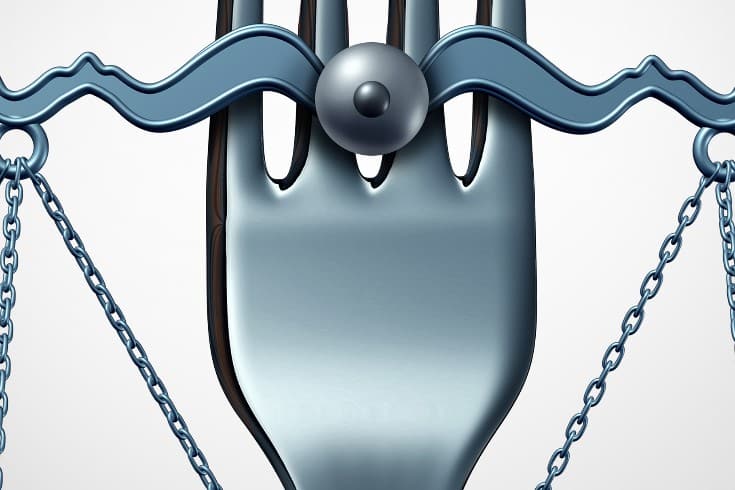Can Arrest Reports, Criminal Records, and Criminal History of Public Officials Be Removed? A Lawyer Explains

There are instances where individuals who have committed crimes such as theft or negligent homicide in traffic accidents, and have been arrested, find their real names reported in news articles at the time of arrest. Similarly, news of their guilty verdicts may also be reported, leaving a record of their arrest history, criminal record, and criminal history on the internet. If such information continues to remain, it could potentially disadvantage them when seeking employment, as their names could be searched from their resumes, revealing their online information.
While this is generally a significant issue, it is an even more serious problem for public servants. In cases where public servants are arrested, there are often more instances of real-name reporting than for salaried workers in private companies. Furthermore, as will be discussed later, there is a concern that arrest articles and criminal records of public servants, which have a certain degree of public interest, may not be deletable.
Even if one was a public servant at the time of the incident, it is unbearable to have arrest articles and the like continue to remain on the internet for the reason of “having once been a public servant” when considering employment in a private company after receiving disciplinary action due to the incident. Is it possible to have such articles deleted, for example, by hiring a lawyer?
Is it Difficult to Remove Arrest Articles and Criminal Records of Public Officials?
Defamation Against Public Officials is Hard to Establish
It is often said that negative information about public officials on the Internet cannot be removed at the same level as for ordinary salaried workers. This is probably based on the following provisions regarding defamation.
(Defamation)
Article 230: Anyone who publicly states a fact and defames another person’s reputation shall be punished with imprisonment for up to three years or a fine of up to 500,000 yen, regardless of whether the fact is true or not.
(Exception in Cases Involving Public Interest)
Article 230-2
3 If the act in paragraph 1 of the preceding article pertains to a fact about a public official or a candidate for public office by public election, it shall not be punished if it is judged to be true and there is proof of its truth.
In simple terms, the structure is as follows:
- Defamation is established once negative information about another person is disseminated.
- However, it does not apply if the information is (1) of public interest and (2) true. In other words, (1) information released for the purpose of personal revenge is not considered to be of public interest, and (2) it is not permissible to lower someone’s reputation with lies, so in such cases, defamation is established.
- However, in the case of information about public officials, (1) public interest is always recognized. Therefore, defamation is only established in the case of (2) false information.
The actual requirements for establishing defamation are a bit more complex, but we explain the details in the following article.
https://monolith.law/reputation/defamation[ja]
Anyway, in relation to defamation, public officials are distinguished from other salaried workers, and the area where an article or post on the Internet becomes defamation is relatively narrow. In other words, it is more difficult to remove negative articles than in the case of salaried workers.
Is it the Same for Privacy Infringement?

However, this is just a discussion about defamation. Information about arrests, criminal records, and criminal history is generally considered a privacy issue, described as an “interest that cannot be hindered from being corrected”. There is also a discourse that privacy infringement is hard to recognize in the case of public officials, just like defamation, but there is not necessarily a clear statutory basis or clear precedent for this.
Although it is not directly related, there is a precedent that made a judgment to the effect that “the name of a public official is ‘information about an individual’ and is information that receives at least some protection” in relation to the disclosure of the names of public officials under the Information Disclosure Law, which demands information disclosure from the administration.
The plaintiff’s (note: the side that requested information disclosure about the name of the public official) above-mentioned claim that the name of a public official does not fall under the “information about an individual” stipulated in Article 5, Paragraph 1 of the Information Disclosure Law is contrary to the purpose and wording of the same paragraph and cannot be adopted.
Tokyo District Court, June 1, 2002 (Heisei 14)
There is a judgment that “the name of a public official is ‘information about an individual’ and is information that receives at least some protection”.
Elements of Concern in the Removal of Arrest and Criminal Records of Public Officials
As stated above, the removal of arrest records, criminal records, and criminal history of public officials is not necessarily an ‘absolutely impossible’ task. Although there are no clear criteria for this issue, there are cases where such articles can be successfully removed by hiring a lawyer. In the process, the following elements are often considered problematic.
Is there a plan to disclose the name and reason for the arrest or criminal record?

Generally, public servants cannot be disciplined without a legal basis. For example, in the case of national public servants, the Japanese National Public Service Act states:
Japanese National Public Service Act Article 82
1. If an employee falls under any of the following items, disciplinary action can be taken against him/her, including dismissal, suspension, pay cut, or reprimand.
Item 3. In the case of misconduct that is not suitable for a servant serving the entire nation.
This provision stipulates that committing a criminal act is considered “misconduct that is not suitable for a servant serving the entire nation,” and there are cases where disciplinary action is taken. The same applies to local public servants, although the specific laws and articles differ.
Furthermore, in the procedures related to such disciplinary actions, there may be a system in place to disclose the fact that disciplinary action has been taken. For example, in the case of teachers,
Japanese Teacher License Act
Article 13. When a license has been invalidated or revoked under the provisions of this chapter, the license manager must announce the type of license and the reason for its invalidation or revocation, as well as the name and domicile of the person, in the Official Gazette, and notify the person’s jurisdictional authority and the grantor who granted the license.
It is stated that when a teacher’s license is invalidated, a procedure for “announcement” in the Official Gazette is carried out. And when this announcement is made, not only the fact that the license has been invalidated, but also “the person’s name and domicile” are disclosed. However, the reason, for example, “because he/she was arrested for theft and found guilty,” is not subject to disclosure.
Also, generally speaking, not all facts announced in the Official Gazette are exempt from privacy. For example, when bankruptcy is declared, it is posted in the Official Gazette, but the information that “that person has declared bankruptcy in the past” is not completely exempt from privacy.
Therefore,
- Even if the name and reason for the criminal record scheduled for disclosure are protected, it does not mean that they are not protected at all.
- In the case of a criminal record where only the name is scheduled to be disclosed, it is possible to argue that it is unbearable for the real-name report to continue.
- In the case of a criminal record where the name is not scheduled to be disclosed, it is even more possible to argue that it is unbearable for the report to continue.
This is the structure.
The Severity of the Incident and Its Relevance to Official Duties

Not only for public officials, but the more serious the incident, the more likely it is to be deemed necessary to disclose the names of those involved in the incident. Conversely, for minor incidents, it is less likely to be deemed necessary to disclose such information.
Furthermore, in the case of public officials, the relevance to their official duties is often a point of contention.
For example, even if the same theft crime or criminal record is involved,
- If a public official, using their credibility as a public official, is invited into a local resident’s home and commits theft there, versus if they commit burglary unrelated to their official duties
- If a teacher, using their position as a teacher, commits theft from a student, versus if they commit theft from an acquaintance or colleague unrelated to their official duties
There is a difference in terms of “relevance to official duties”. The same applies to other types of crimes, such as traffic accidents.
This is thought to be in line with the fact that, as mentioned earlier, the disclosure of negative information about public officials is more widely accepted in defamation cases.
As in defamation cases, while the privacy rights of public officials may be somewhat restricted, if the incident is unrelated to official duties, the need to protect privacy may be somewhat stronger than in the case of crimes committed in the course of official duties.
This is the argument that is generally made.
Current Status and Lifestyle (Whether Continuing as a Public Servant or Not)
If you have not been disciplined or dismissed due to an incident and are continuing as a public servant, especially if you are in a suitable position, it tends to be easier to get approval for deletion if you have been disciplined due to an incident, voluntarily quit your job, or have found or are trying to find employment in the private sector.
This seems to be a trend that can be understood in common sense terms, but if forced to say, it seems to be close to the thinking in the following precedent where it was disputed whether the publication of the fact of adultery in the private life of the president of a religious organization constitutes an infringement of the right to honor (defamation).
The president, (omitted)… through direct and indirect political activities based on his religious status, had a considerable influence on society in general… Considering this, it is appropriate to interpret the behavior of President C and others as indicated by the defendant as a “fact related to public interest” as stipulated in Article 230-2, Paragraph 1 of the Penal Code, and it cannot be said that this is merely a private event within a religious organization.
Supreme Court Judgment of April 16, 1981 (Showa 56)
It can be argued that matters related to the private life of a person with high influence on politics, etc., are easily recognized as “public interest” in relation to defamation (infringement of the right to honor), making it difficult for defamation to be established, and similarly, the privacy of a public servant of a suitable position can be limited to a certain extent.
Criteria for Deleting Arrest Records and Criminal History

The points mentioned above are particularly problematic when it comes to deleting arrest records and criminal history of public officials. In addition to these, the following elements can also be problematic when deleting arrest records and criminal history.
https://monolith.law/reputation/delete-arrest-history[ja]
Whether Charges Were Filed, Verdicts, and the Passage of Probation Periods
This is a problem similar to the importance of the case. It includes whether charges were filed, whether the case was dismissed without charges, whether the dismissal was due to insufficient suspicion, what the verdict was if charges were filed, whether the case was settled with probation, and whether the probation period has already ended.
However, especially from the perspective of the court, even in cases where the case was dismissed due to insufficient suspicion or the verdict was not guilty, deletion is not always granted. It can be said that deletion is often granted, but…
https://monolith.law/reputation/delete-false-positive-arrest[ja]
Time Since the Crime Was Committed
Generally speaking, the need to protect privacy increases over time. The keyword “right to be forgotten” advocated in Europe clearly expresses this. The same applies to arrest records and criminal history.
While it is only “one factor to consider”, whether the statute of limitations for prosecution has passed can be a dividing point in some cases. For example, the statute of limitations for prosecution of theft is 7 years from the time of the incident. It’s a bit confusing, but the “7 years” starts from the date of the incident, not the date of arrest or reporting. In cases where the arrest or reporting was delayed, the statute of limitations for prosecution may expire relatively soon after the report.
https://monolith.law/reputation/necessaryperiod-of-deletion-arrestarticle[ja]
Efforts to Correct and the Need for Deletion
This is closely related to the above-mentioned “current status and lifestyle (whether or not they continue to be a public official)”. Also, for example,
- Trying to get a job in the private sector but couldn’t because of a criminal record or arrest history
- Got a job in the private sector but was fired
There is a tendency that deletion is more likely to be granted if such circumstances exist.
Deletion Negotiations and Court Procedures by Lawyers
As mentioned above, the deletion of arrest reports and criminal records, especially in the case of public officials, is a complex issue that takes various factors into consideration. However, if you consult with a lawyer who has the necessary expertise, there are cases where you can succeed.
The deletion of arrest reports and criminal records, like general measures against online defamation and slander, first involves negotiations for deletion with the site operator or server operator. If these negotiations fail, it will be handled through a court procedure called a provisional disposition. Although court procedures may seem time-consuming, provisional dispositions often conclude within 1-2 months, making them relatively swift. It is crucial to consult with a lawyer who has expertise in this field.
Category: Internet





















